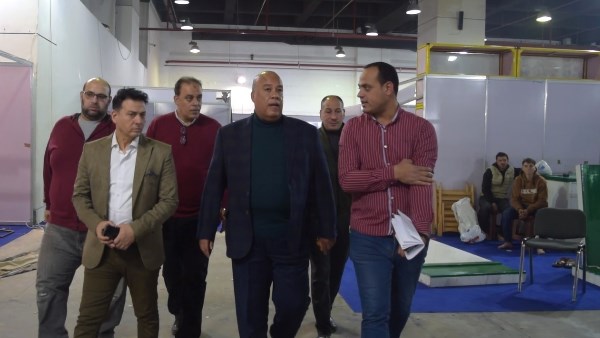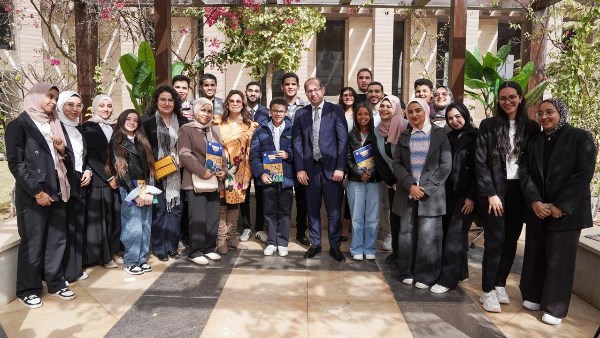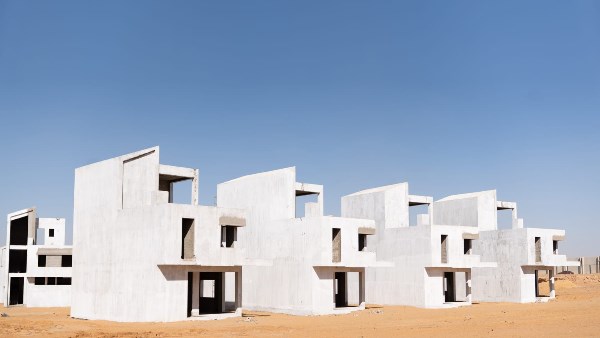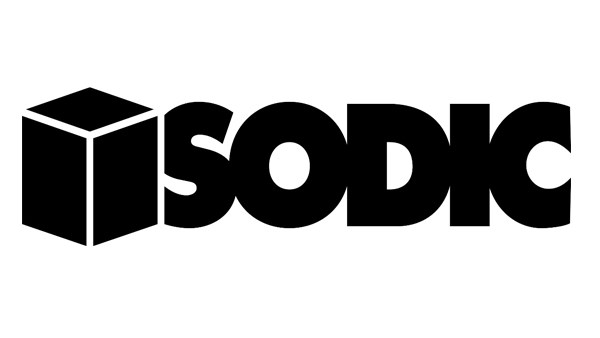
There are strategies that have been postponed and there are strategies that will be financed after 2030
Saudi Arabia Says for First Time Some 2030 Projects Get Delayed

Saudi Arabia has delayed past 2030 some of the projects launched as part of its economic transformation plan، in the first admission that the kingdom is having to shift the timeline for meeting the goals of the multi-trillion dollar program.
The government، which is forecasting budget deficits every year out to 2026، has decided on the extension to build capacity and avert huge inflationary pressures and supply bottlenecks، Finance Minister Mohammed Al Jadaan said Thursday. He didn’t specify which projects would be affected.
A longer period is needed to “build factories، build even sufficient human resources،” Al Jadaan said in Riyadh. “The delay or rather the extension of some projects will serve the economy.”
After determining how much borrowing the government decided was acceptable، it then went back to review the timeline of some projects، Al Jadaan told reporters on Wednesday.
All plans had been reviewed based on “economic، social، employment and quality-of-life returns among other factors over the last 18 months،” he said. As a result، some are “being accelerated and some — largely projects in the pipeline which have not been announced yet — are given a longer executional timeframe،” he said.
“There are strategies that have been postponed and there are strategies that will be financed after 2030،” Al Jadaan said. The process of reviewing project timelines is being led by a committee chaired by Crown Prince Mohammed Bin Salman.
Progress made in tourism
Dubbed Vision 2030، Prince Mohammed’s wide-ranging initiative unveiled with fanfare in 2016 aims to diversify the oil-dependent economy and attract foreign investment. The government has long touted the progress being made in areas ranging from tourism and manufacturing to digitalization and integrating women into the labor market.
But the costs are adding up for an economy that still relies on energy to provide the bulk of government revenue. Following the first budget surplus in nearly a decade last year، the kingdom rewrote its medium-term fiscal plans and shifted to forecasting deficits for years to come as it accelerates spending.
‘Administrative Maturity’
“It’s better they’re doing this now and adjust in an orderly fashion، so I think it’s a sign of administrative maturity،” said Steffen Hertog، an associate professor at the London School of Economics and Political Science. “It’s fiscally positive، especially against the background of relatively lower current oil income. There are also inevitable logistical bottlenecks that were bound to delay some projects.”
The International Monetary Fund said in October Saudi Arabia would need crude close to $86 per barrel to balance its budget، a price higher than its average this year. If outlays by government-related entities such as the Saudi sovereign wealth fund are included، the break-even will likely rise to $110 in the second half of this year، according to Bloomberg Economics.
Al Jadaan warned that delivering on the plans “in a short span of time” would threaten to stoke inflation and put pressure on Saudi Arabia to import more from abroad to marshal the resources needed.
Expanded، Rationalized
“Certain projects can be expanded for three years — so it’s 2033 — some will be expanded to 2035، some will be expanded even beyond that and some will be rationalized،” Al Jadaan said.
Saudi Arabia has projected oil and non-oil revenues out to 2030، along with how much spending will be required to execute on plans it’s announced، Al Jadaan said. “So we identified the gap and looked at how we are going to fill the gap and the gap is mainly filled by debt،” he said.
Figures unveiled by the Finance Ministry this week showed it expects public debt to reach almost 26% of economic output by end-2024 — a comparably low level by global standards but an increase of more than a percentage point from this year.
Getting to a threshold above debt levels envisaged by the government can be dangerous، Al Jadaan said on Thursday. Authorities are looking for funding from abroad to avoid crowding out the private sector or competing with Saudi consumers and smaller companies for access to financing، he said.
The Saudi government is also reviewing spending plans and looking for ways to trim budgets where necessary. This year alone، it’s saved around 225 billion riyals ($60 billion) that was re-used to implement projects، programs and other strategies، according to Al Jadaan.
“Optimizing spending is not only about reducing spending،” he said. “It’s about the best way to use resources in order to achieve optimal returns.”





-1120252475029447.jpg)















